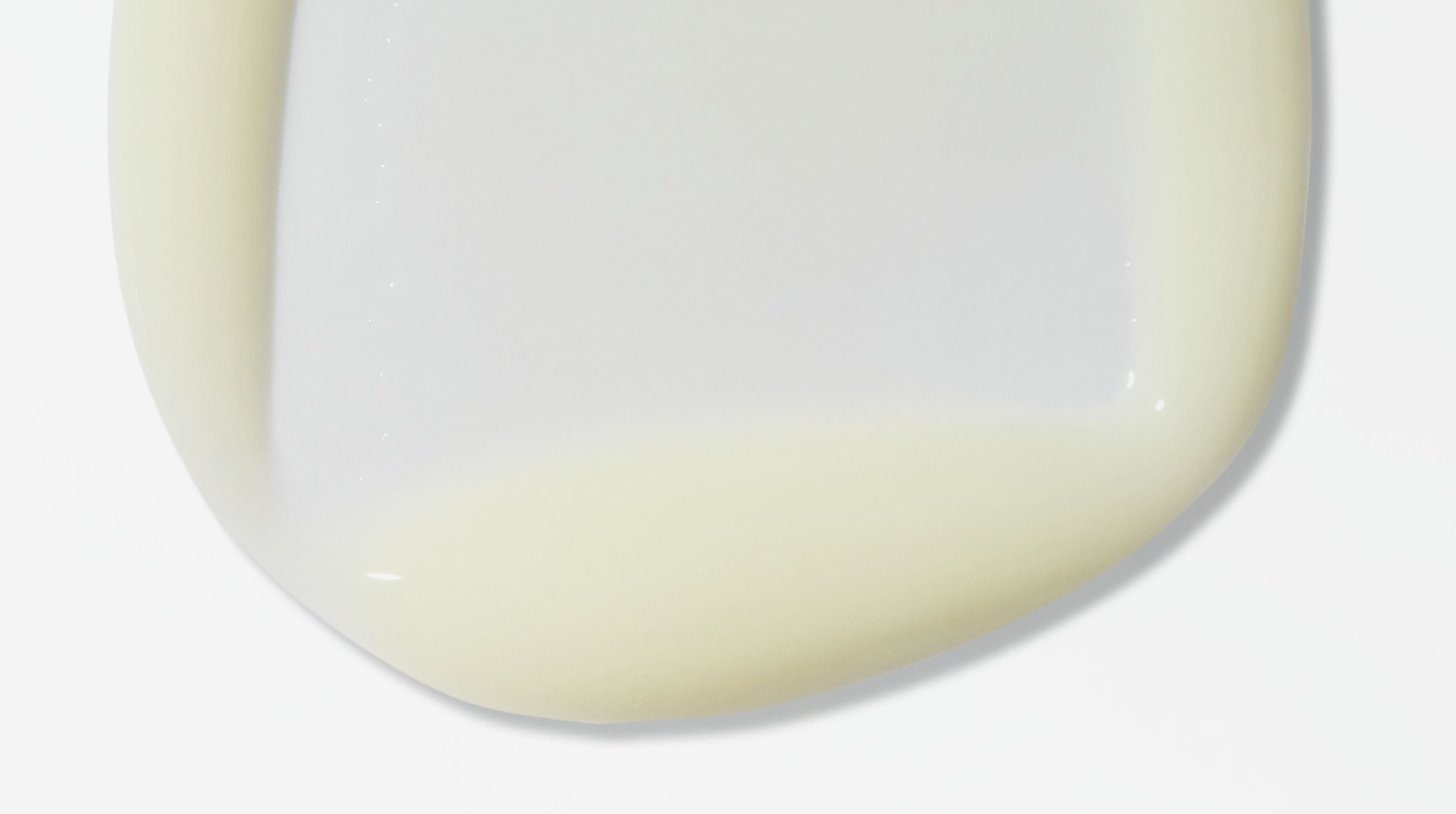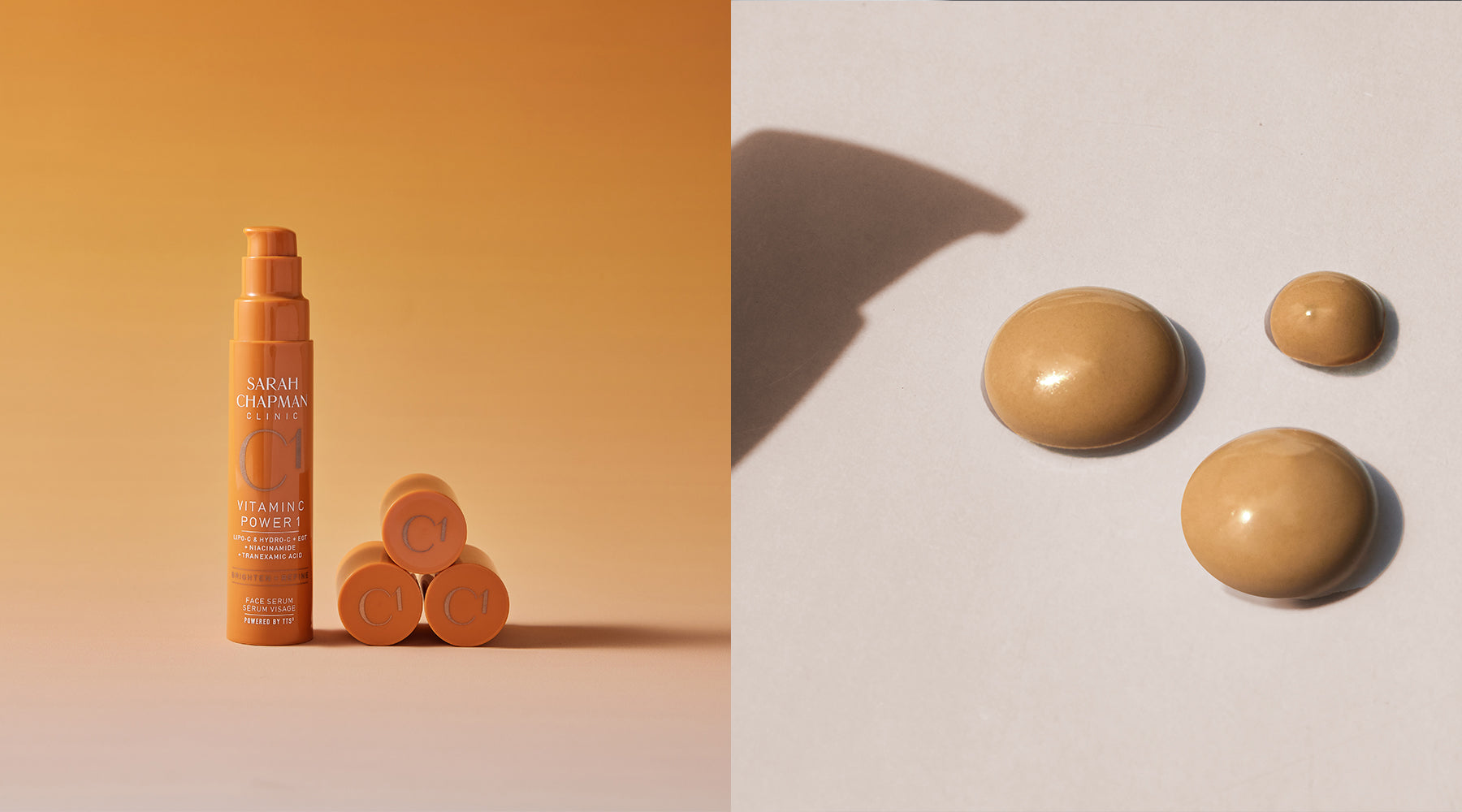
Should You Stop Using Retinoids In The Summer?
If there’s an active ingredient we love to wax lyrical about, it’s vitamin A (retinoids). This skin-restoring powerhouse has been a Sarah Chapman staple ever since the launch of our cult Overnight Facial elixir, appearing in various forms throughout our range – from the most gentle (like Overnight Facial’s concentration of Retinyl Palmitate) to the most potent, Retinaldehyde.
Despite its well-proven track record as one of skincare’s most effective anti-ageing ingredients, vitamin A (retinoids) is still widely misunderstood, with myriad misconceptions continuing to cloud its reputation. One of the most ubiquitous myths surrounding its usage? That it should only be applied in the colder months to prevent serious surface irritation and damage. But is there any truth to this myth? Let’s find out.
Already familiar with vitamin A? Then scroll down to discover our verdict.
Why Your Skin Needs Retinol (Or Other Forms Of Vitamin A)
Though they’re best known for their ability to minimise signs of ageing such as fine lines and wrinkles, retinoids (AKA your vitamin A derivatives) are key in supporting your skin’s overall health in the long term. Regular use of vitamin A will do more than just smooth and tighten the skin – it will also even out pigment for a more even skin tone, control breakouts, minimise pores, help fade the appearance of acne scars and even repair DNA damage after exposure to environmental aggressors such as intense UV rays and pollution.
By accelerating the lifecycle of your skin cells and allowing for new, healthy cells to reach the surface faster, retinoids work to strengthen the deeper layers of the skin. This boost in your skin’s cell turnover process, which naturally decreases as you age, also helps prevent the build-up of dead skin cells on the surface – dead skin that can contribute to clogged pores and acne. Furthermore, retinoids have been shown to have an effect on your sebocytes, the specialised cells that dissolve and release sebum into the sebaceous glands, helping to normalise sebum production for clearer and more balanced skin.
Let’s Talk Redness And Irritation – And How To Avoid It
While it does a lot of good, vitamin A can come with some adverse effects, especially if your skin is not acclimatised to its powerful action. Nowadays, social media is filled with horror stories about the much-dreaded ‘retinol burn’, an unpleasant reaction that manifests itself as irritation and redness. However, more often than not, this is simply the result of overuse or incorrect use of vitamin A.
The good news? You can easily avoid the not-so-pleasant side of retinoids by following this simple golden rule: always start low and go slow. If you’re new to retinoids, you can opt for a less potent form of vitamin A – like Retinyl Palmitate, which is an oil-soluble retinoid – and gradually introduce stronger retinoids for greater results as your skin acclimatises to its effects. You can find Retinyl Palmitate in many of our products, including Overnight Facial, Morning Facial and Eye Recovery.
If you’re a beginner with big goals, then our A1 Vitamin A Power 1 serum is also a great option. It’s formulated with both Retinol (the alcohol form of vitamin A) and Retinal, the aldehyde form. Although it’s a moderate-strength serum, the three technologies that power up its actives make it kinder to your skin, minimising risks of surface irritation and skin barrier disruption. In fact, when we tested it on both new and frequent vitamin A users as part of a 4-week clinical trial, 100% of participants agreed their skin had tolerated the product well.
To get started as a vitamin A rookie, apply A1 twice a week, monitoring how your skin reacts before using it every night.

SHOP A1 SERUM
To learn more about A1’s advanced technology, check out The Science Behind TTS³: Why Formula Performance Matters.
Here are other important rules to keep in mind when using any retinoid:
-
Always apply a generous amount of SPF 30 or higher
Since vitamin A essentially speeds up your cell renewal rate, you need to be extra careful to protect the new, more delicate layers of your skin, which are more vulnerable to sun damage. Retinoids are also not photostable ingredients, meaning they break down when exposed to UV rays, losing their potency in the process – this is why they should be applied at night, not during the day.
-
Avoid layering retinoids on top of harsh exfoliants
To allow your skin to benefit from both ingredients without overwhelming it, use your vitamin A of choice and exfoliant on alternate nights. If your skin is extra sensitive, you can also reach for a more gentle, non-abrasive exfoliant such as lactic acid (found in our Overnight Exfoliating Booster) instead of a harsh scrub.
-
Remember to moisturise and support your skin barrier
It’s normal for your skin to feel drier and more sensitive than usual when starting on retinoids or going up in strength. To combat this common effect, top up your current moisturiser with a barrier-supporting recovery cream like our R&R Glow. Unlike other creams, which can be quite heavy and occlusive, R&R Glow sits lightly on the skin to provide immediate comfort and extra hydration and boost your skin barrier health.
The Final Verdict: Retinoids In Summer – Yes Or No?
The answer is: yes! You can – and should – continue your retinoid regime during the summer months; in skincare, consistency is key, after all. The only caveat? You must go heavy on your SPF and re-apply it throughout the day (every two hours is ideal), especially if you’re staying out in the sun for longer periods of time.
For extra care, elevate your nighttime routine with deeply hydrating formulas – our Ultra Recovery Booster is a particularly great addition to your skincare line-up if you want to strengthen your skin barrier and keep irritation or redness at bay. You can also use our new R&R Glow recovery cream as a buffer, applying it before our A1 serum to reduce its potency if your skin is feeling more sensitive after sun exposure.
Top Up Your Sun Protection






